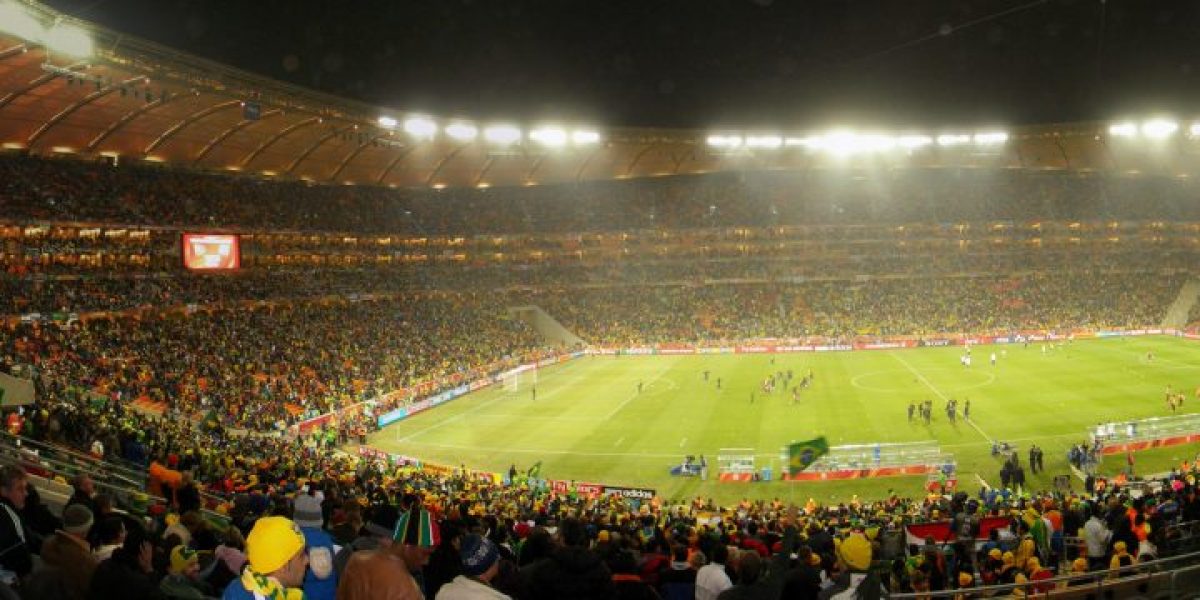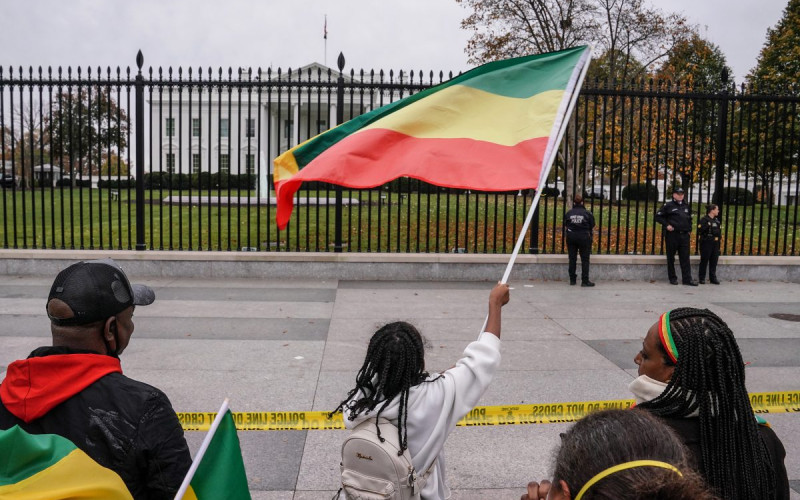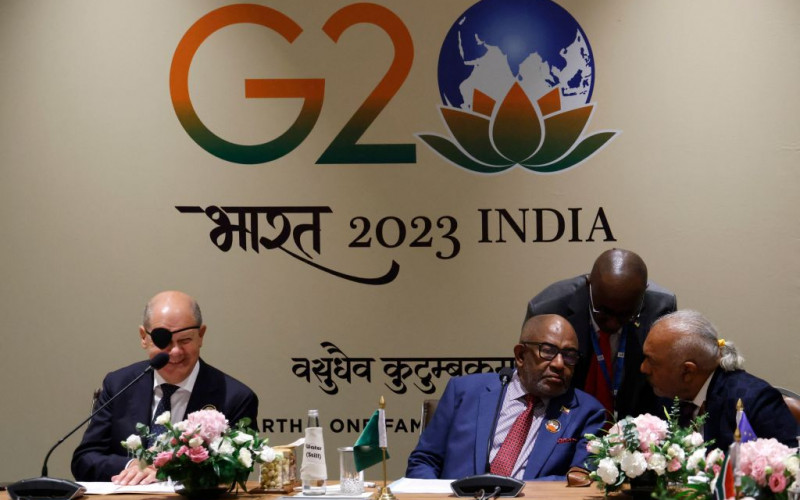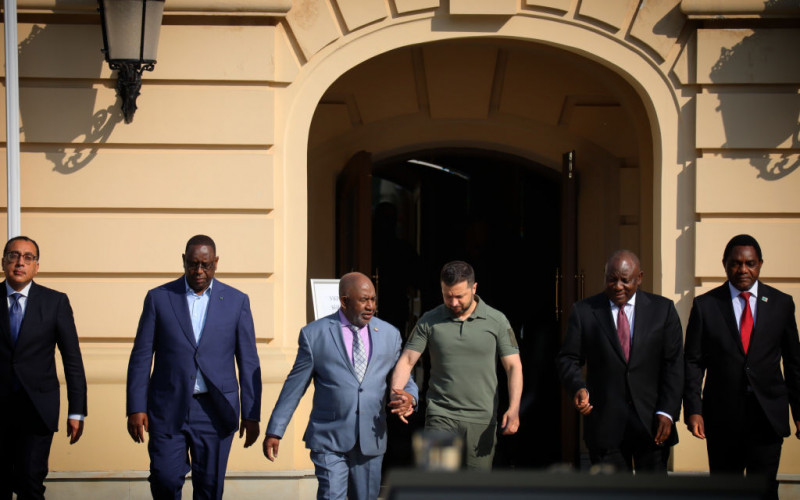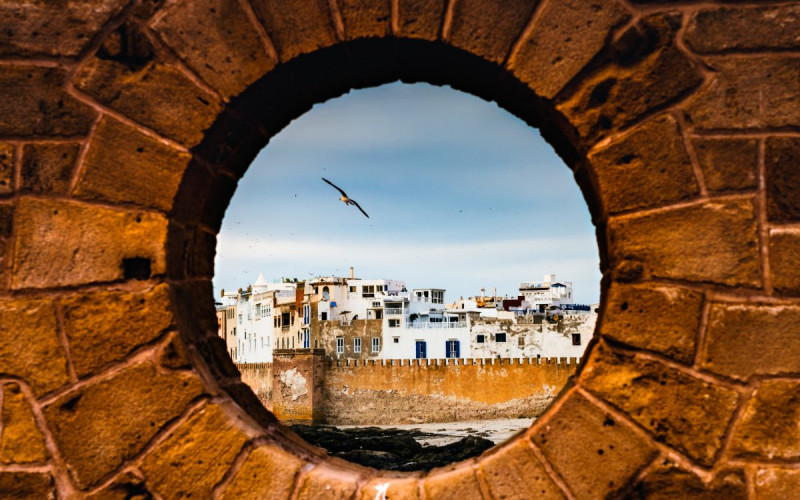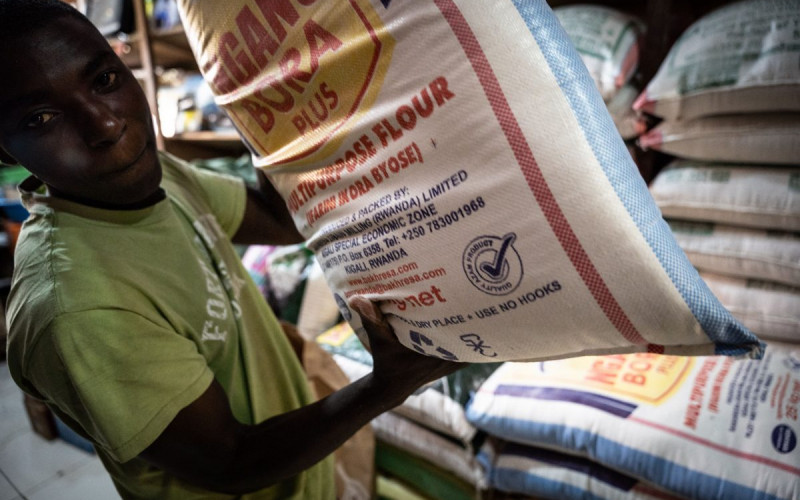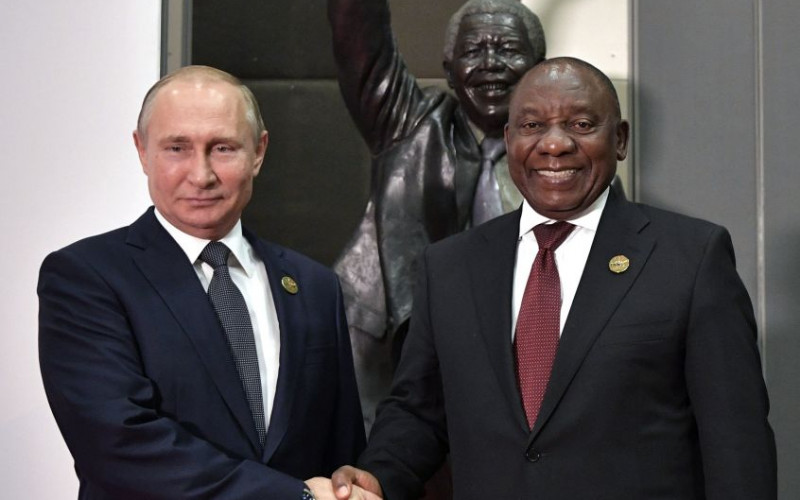The eyes of the world were not fixed on Africa because a civil war was unfolding or genocide was committed by a callous regime. The fixation was caused by ‘the beautiful game’ being played as South Africa hosted the 2010 FIFA World Cup. This was a proud moment for South Africa and the continent. During the presentation of the South African bid on the 14 May 2004, Thabo Mbeki said that millions of Africans on the continent and the African Diaspora had ‘embarked on an exciting human journey. This is a journey away from conflict, repression and endemic poverty’. During his presentation to the executive committee of FIFA in 2008, Mbeki remarked that the Soccer World Cup “is an African journey of hope”.
It was clear from the start of the bid campaign for the Soccer World Cup 2010 that it was not only a campaign for South Africa but also for the continent. The bid book made reference to the fact that the event was part of a policy to stimulate the African Renaissance and the New Partnership for Africa’s Development (NEPAD) goals. According to Cornelissen and Swart, two distinct features dominate South Africa’s bid activism for mega sport events: development and Africa’s revival. Such events are used as foreign policy tools to enhance international image and profile as well as economic advantages. The inclusion of Africa as part of the bid focused the spotlight not only on South Africa but also the continent. Deputy minister Marius Fransman referred to South Africa as the stage and Africa as the theatre during the world cup and reiterated the point that sport (events) are a tool that can be used in foreign relations(policy). ‘It is worth mentioning that the 2010 FIFA World Cup helped our country to consolidate our shared spirit of unity in purpose and unfaltering sense of patriotism. Most importantly, it also entrenched our foreign policy imperative of consolidating the African Agenda.’
A month after the kickoff it was clear to the world that South Africa had hosted a successful World Cup. Thabo Mbeki remarked that “South Africa and Africa have now hosted an eminently successful 2010 Soccer World Cup. The Afro-pessimists who thought we would fail because we are ‘the hopeless continent’ have been proven wrong.” Similar sentiments were expressed by President Jacob Zuma who said that South Africa and the continent should build on the success and not lose momentum.
Two observations come to mind. Firstly, South Africa as a country still has the capacity to play on the international stage. Secondly, that capacity can be directed towards improving the plight of the African continent, particularly through the resolution of conflicts.
If hosting major sporting events is part of South Africa’s foreign policy then it is an exercise in soft power. South Africa should leverage the gains made through this soft power by amplifying its voice in solving the hard issues facing the continent. The arenas that South Africa can play in to change the game for Africa include the Southern African Development Community (SADC), African Union (AU) and the United Nations Security Council (UNSC). One year after the World Cup, South Africa occupies an important place in each of these arenas as it currently chairs the Organ on Peace, Development and Security of SADC; it serves on the AU Peace and Security Council and it is one of the African non-permanent members on the UNSC for 2011-2012. The matches have started on all three arenas but the final whistle has not blown and the scores are still unknown.
SADC will give South Africa and its neighbours the opportunity to take action on the Zimbabwe stalemate. If speculation by observers is anything to go by, SADC will take a more aggressive and assertive position on the acceptance of a new constitution before elections can take place. South African Minister of International Relations and Cooperation Ms. Maite Nkoana-Mashabane made it clear in a press conference on the 9 June 2011 that a new constitution must precede election in Zimbabwe. The summit did produce progress in the resolution of the stalemate in Zimbabwe, the lifting of sanctions was put on the agenda and the Movement for Democratic Change is now obliged under the Global Political Agreement to lobby for the lifting of sanctions. A journalist from the Southern Times however noted that many issues were ‘noted’ and not endorsed by SADC leaders. In so far as the crisis in Madagascar, no notable progress was made by the SADC leaders.
As a member of the AU, South Africa and the continent should act more timely, decisively and uniformly guided by the African Agenda. The crisis in Cote d’Ivoire and Libya exposed cracks within African unity. Indecision also gave the west the opportunity to push ‘African solutions’ out of the way and pursue their own national interest. This point was made clear by the French intervention in Cote d’Ivoire and NATO in Libya.
South Africa’s tenure on the UNSC should be used to highlight the problems of Africa and here I specifically refer to the ongoing conflicts in Somalia, Darfur and Abyei. In partnership with Gabon and Nigeria, South Africa should push for the eradication of double standards when dealing with conflicts on the continent. The AU Peace and Security Commissioner Ramtane Lamamra has criticised the UNSC for dragging its feet on a request to impose a no-fly zone and naval blockade on Somalia to curb the proliferation of arms to this war torn country. Finding allies in this quest could be very difficult; South Africa’s influence among the BRIC’s countries, that is all members of the UNSC, will be tested in the quest for allies on this question.
South Africa and the continent should now stand up and prove, first to ourselves and then to the ‘Afro pessimists’, that we as a country and continent cannot only host international events but can also play the ‘game’ on any field as a team. The final whistle has not blown for South Africa or the continent and the spectators are still watching; let us recreate the 2010 World Cup in our dealings with each other on the continent and with the world.
SAIIA publication related to this article:
SAIIA Occasional Paper No 82:
Power Play: International Politics, Germany, South Africa and the FIFA World Cup TM, by Suzanne Dowse
Notes:
S Cornelissen and K Swart, ‘The 2010 Football World Cup as a political construct: the challenge of making good on an African promise’ , Sociological Review, volume 54 (s2), 31 August 2006, pp.111-113.
M Fransman, ‘Keynote Address by Deputy Minister Marius Fransman on the topic of “Cultural Diplomacy and Sports as Tools for Nation Building and Development” on the occasion of DIRCO’s Annual Conference’ in DIRCO, 19 November 2010. http://www.dfa.gov.za/docs/speeches/2010/frans1119.html
Reuters, ‘UN has double standards’, in NEWS24, 22 May 2011. http://www.news24.com/Africa/News/UN-has-double-standards-20110522

